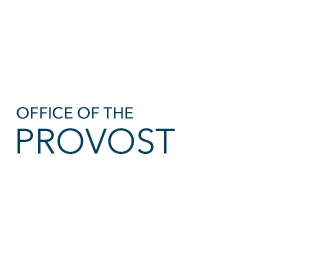 |
Computer Science Department
Policy on Academic Integrity
|
The
MTSU Student Code of Conduct
states the University policy on academic integrity and academic misconduct
in general terms.
Academic misconduct is a disciplinary offense and is defined as:
- Plagiarism. The deliberate adoption or reproduction of ideas or words
or statements of another person as one's own without proper acknowledgment.
- Cheating. Intentionally using or attempting to use
unauthorized materials, information, or study aids in any academic exercise.
The term academic exercise includes all forms of work submitted for credit
or hours.
- Fabrication. Intentional or unauthorized falsification or invention of
any information or citation in an academic exercise.
- Facilitation. Intentionally or knowingly helping or attempting to help
another to violate a provision of the institutional code
of academic misconduct.
The following seeks to clarify the University policy relative to
work done in computer science courses.
While it is not possible to enumerate all possible instances of
academic misconduct in Computer Science, some examples are:
-
Copying, without the express permission of the instructor,
all or part of someone else's program design, logic, or code,
and transforming it into work that you represent as your own.
Academic misconduct will be suspected if an assignment calls for
independent development of a program and results in two or more
programs so similar that one can be converted to another by
mechanical transformation(s) such as, but not restricted to: changing
variable names, rearranging statements, and altering documentation.
Academic misconduct will also be suspected if a student cannot explain
the intricacies of their submitted program solution and the techniques
used to generate that solution.
-
Fabricating compilation results, execution results, or time stamps.
-
Copying another student's exercise or test answers.
-
The use of prohibited aids, cribs, notes, or "proxies" during a test.
-
Modifying or deleting another person's computer file(s) without their
permission.
-
Allowing another student to copy your program, assignment, or test answers.
You are NOT guilty of academic misconduct if you do any of the following:
-
Accept assistance from your instructor or authorized lab assistant.
-
Get or give help on minor syntax or logic errors.
-
Discuss assignments to clarify what is being asked.
-
Collaborate with other students on an assignment or project
when given permission by the instructor.
In such instances, all collaborators must be listed.
-
Study course concepts or generic programming strategies
with other students in preparation for an assignment or test.
-
Copy code from a source authorized by the professor.
In such cases, the author of the code should be cited.
CONSEQUENCES OF CHEATING:
After giving the student notice of the allegations
and an opportunity to explain his or her actions,
the instructor may assign a penalty ranging from
zero credit for the assignment or examination
to assigning an F for the course.
The specific disciplinary procedures
are contained within the
Guide to the Disciplinary Process.
Related information:
Academic Integrity at MTSU
(http://www.mtsu.edu/student-conduct/documents/ainews.pdf)
Office of the University Provost:
Academic Misconduct
(http://www.mtsu.edu/provost/academic-integrity.php)
MTSU E-Mail Acceptable Use Policy
(http://www.mtsu.edu/policies/information-technology/930.php)
Other MTSU Acceptable Use Policies
(http://www.mtsu.edu/itd/policies.php)


 https://www.cs.mtsu.edu/~csdept/Academics/academicIntegrity.htm
https://www.cs.mtsu.edu/~csdept/Academics/academicIntegrity.htm